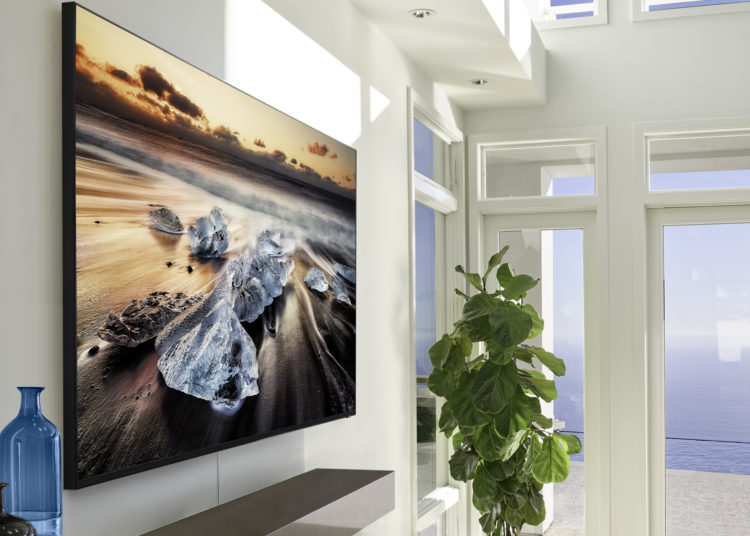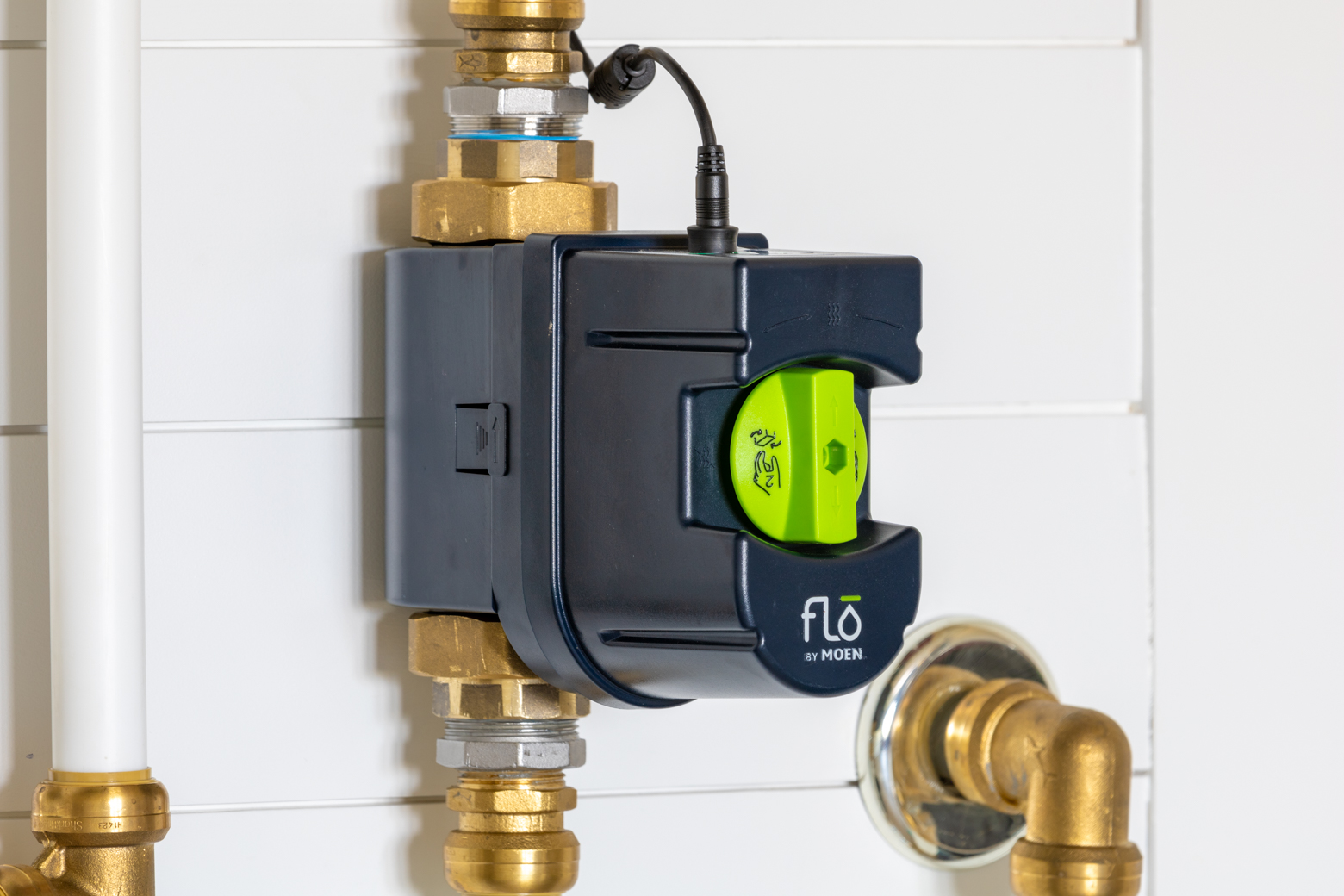Is there a smart TV in your media room? If so, you reside in one of the nearly 45 million U.S. households with at least one of these highly-connected big screens in their homes. So says the recent “Market Intelligence Snapshot: Smart TV Market,” a study published by research firm Wakefield Research.
Broadband, Pricing, and Voice Assistants Key Drivers
“Smart TVs are proliferating at an extraordinary rate—driven by high-speed internet penetration, and more affordable prices,” said Paul Bragan, Senior Partner at Wakefield Research.
Consumers are turning to smart TVs for many of the same reasons they are embracing other connected home accessories. “Improved features like voice-commands and better operating systems are also fueling the demand,” continued Bragan.
The study revealed that these tech-savvy consumers increasingly want smart TVs to feature voice integration to control not only their TV, but also other categories of connected home devices. Many of the latest smart TVs, such as those from Samsung, may include Amazon Alexa and Google Assistant integration.
Samsung and Vizio the Elephants in the Room for U.S.

With over 57% of the U.S. smart TV market between them, the Wakefield study found Samsung (at 33%) and Visio (at 24%) dwarf their competitors. LG is the only other maker to reach double digits, coming in at 12%. TCL and Sony round out the top five, each garnering 6% shares of the pie.
Android OS Leads Global Smart TV OS Penetration

The study found smart TVs have grown in popularity largely due to the prominence of improved operating systems. These can feature myriad apps for streaming media services and other functions, while offering an easy-to-use interface.
Globally, the Android OS currently holds the crown, with an estimated 40% of the market. When that number is dissected, Wakefield found that the official Google-supported Android operating system accounts for only about 10% of the total, while modified versions of the Android operating system (popular among Chinese manufacturers in their domestic market) account for the other 30% of the total. The Tizen OS by Samsung and the Web OS by LG rounded out the top three globally.
In the U.S. market, Wakefield found Roku as the leading smart TV OS, with a market share of about 25% as of 2018.
Purchasing Moving Online, Major Retailers Benefit
As TVs become smarter, so too are the consumers in this space. “We see a spike in online purchases of smart TVs,” said Bragan. “Savvy consumers want access to the widest array of products and the most convenient purchasing process.”
And while some consumers prefer to purchase in-store, both online and in-store buyers are increasingly transacting with a handful of big retailers. The major benefactors of this smart TV buying surge include Amazon, Walmart, Best Buy, Costco, Fry’s Electronics, and Target.








